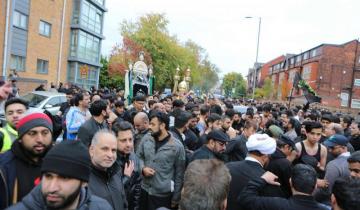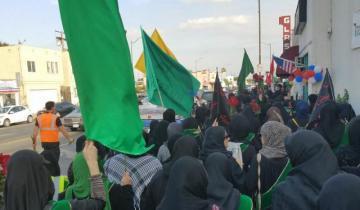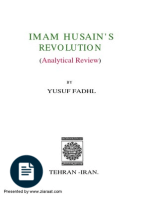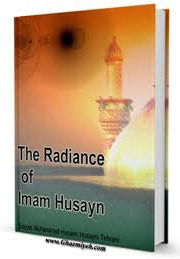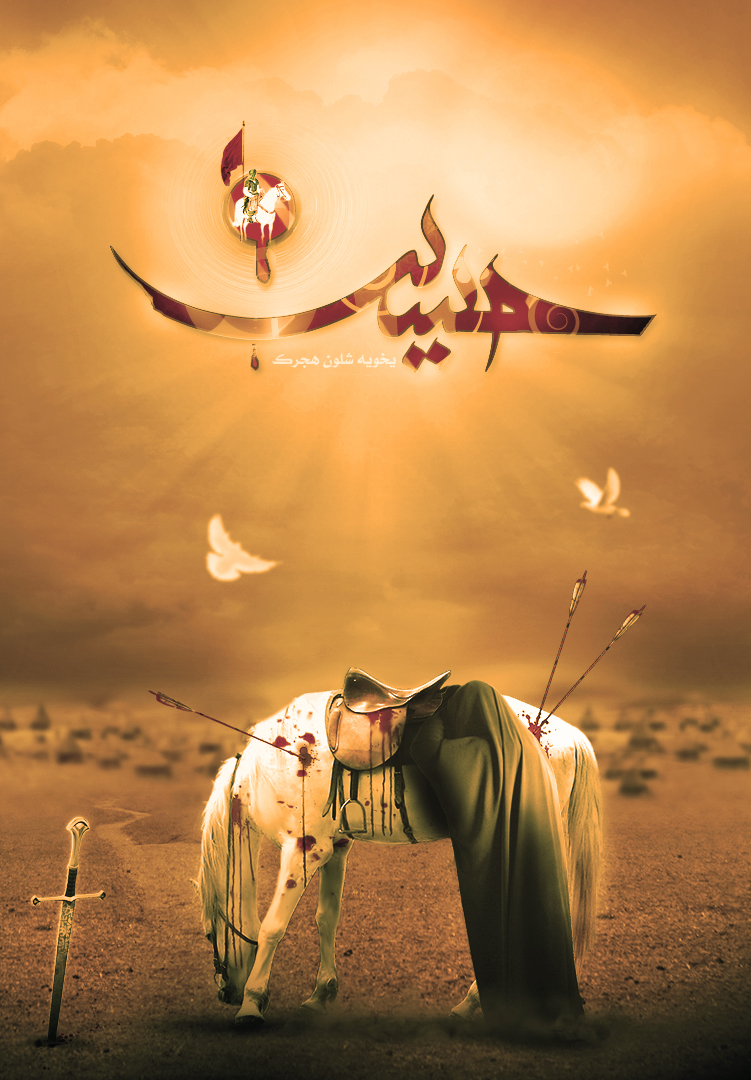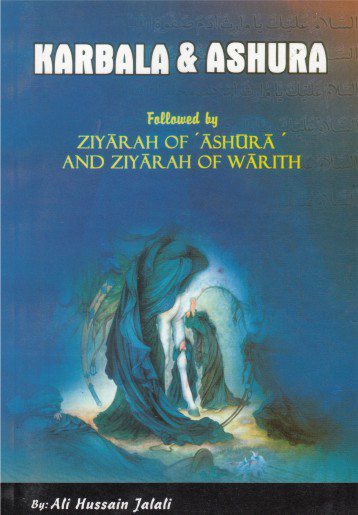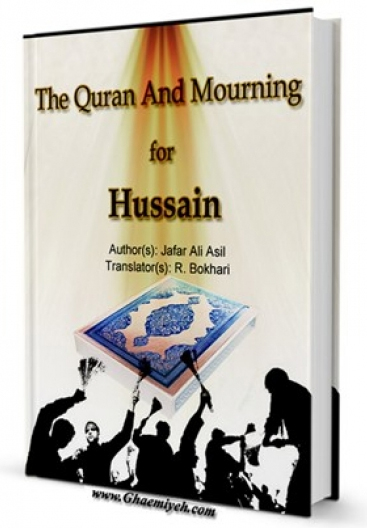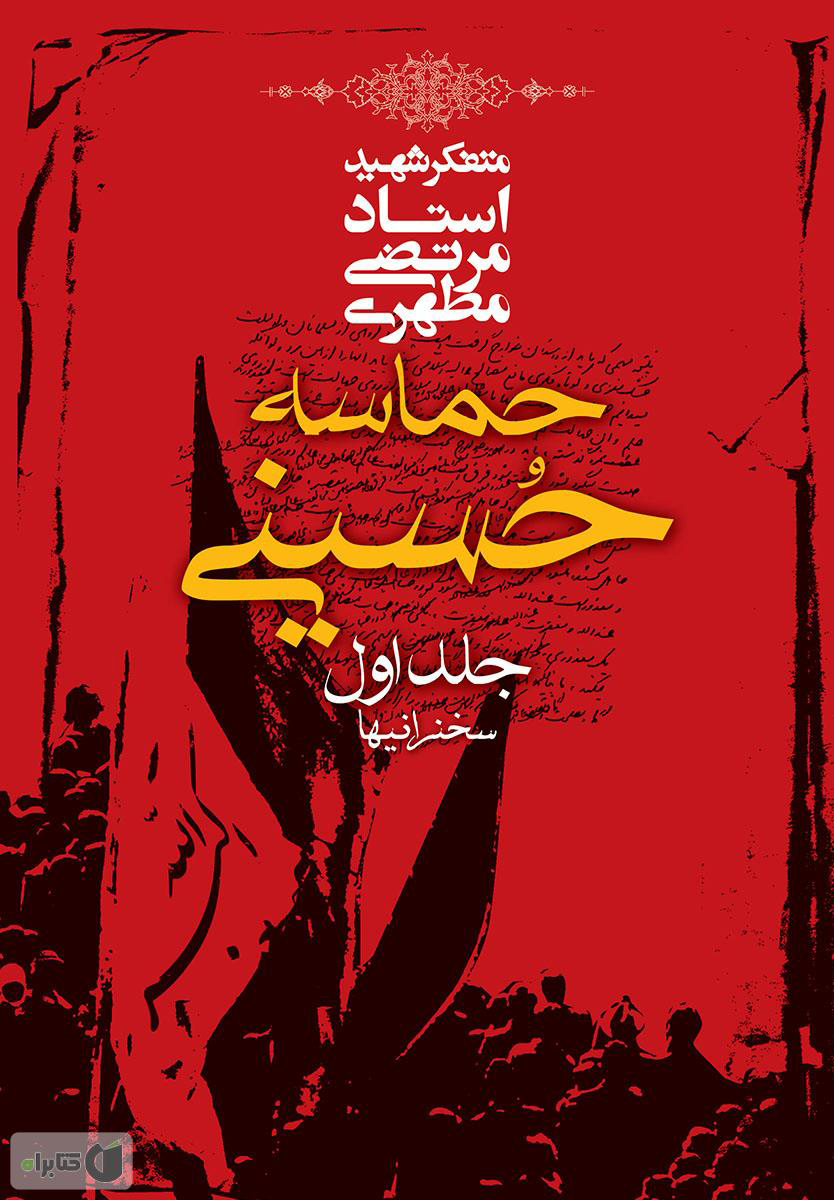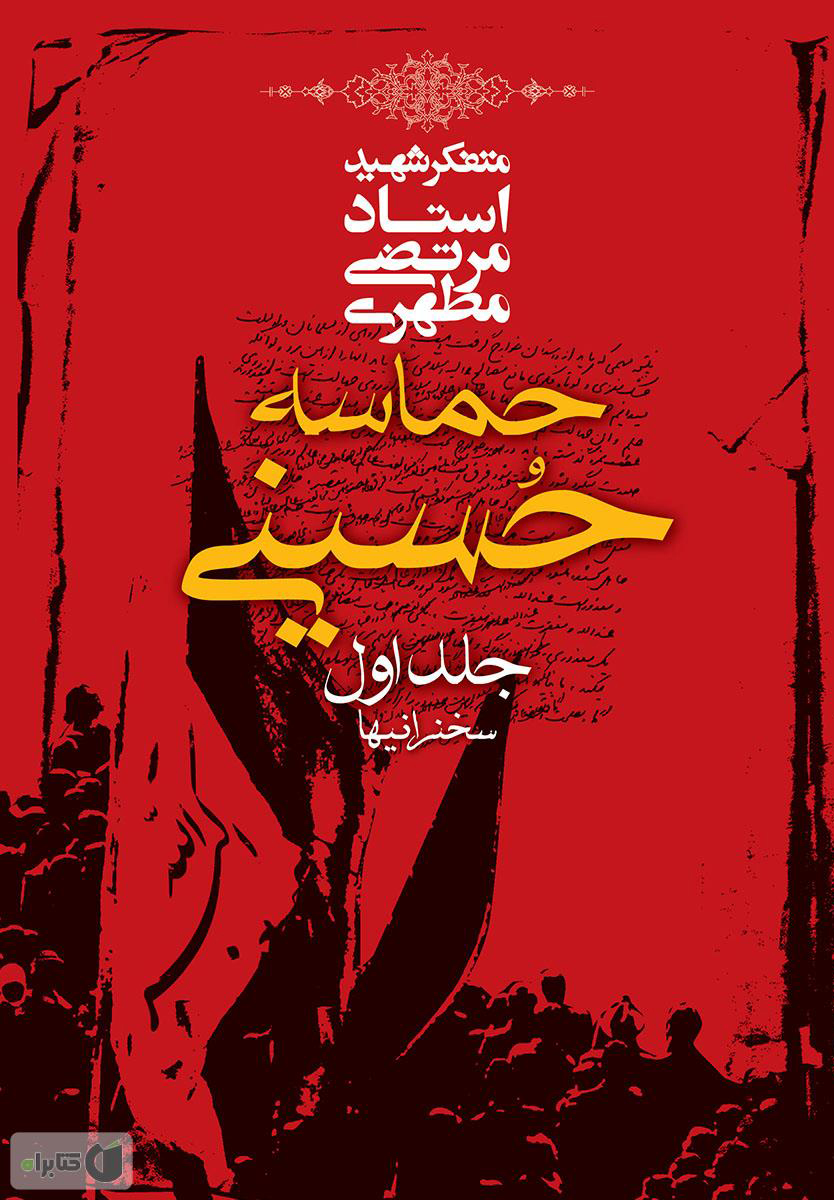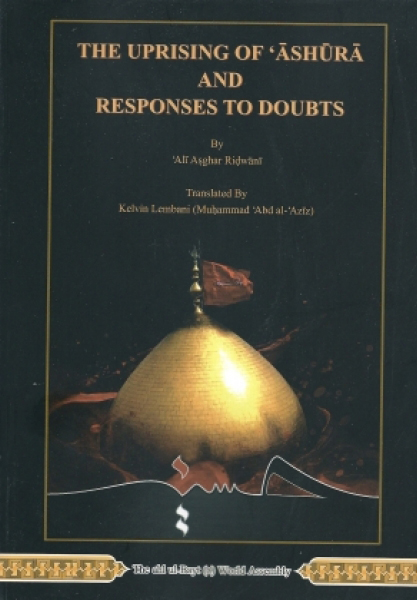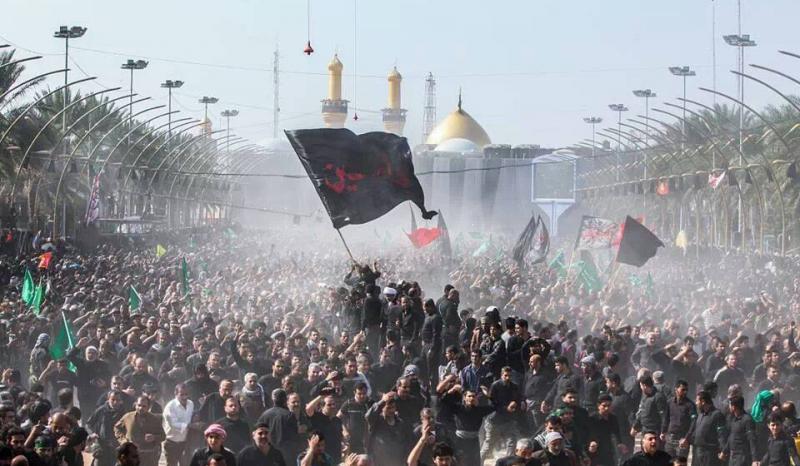
The Day of Arbaeen marks forty days after the Day of Ashura, the day Imam Husayn ibn Ali (as) was martyred in the Battle of Karbala.
The arabic word Arbaeen’ (pronounced Arr-ba-een) translates to forty (ie fortieth day). The traditional period of mourning in Islamic culture is forty days. Millions of people around the world mark the Day of Arbaeen by mourning the tragedy that befell Imam Husayn (as), his family and his companions.
It is customary to pay tribute to a deceased person forty days after his death by doing acts of righteousness on his behalf, by eulogizing him and enumerating his merits. This is done at organized gatherings in order to keep his memory alive just when people’s minds start to forget about him and their hearts start to ignore him. Thus, he remains alive in people’s minds.
Both Abu Tharr al-Ghifari and Ibn Abbas quote the Prophet (saaw) saying, "The earth mourns the death of a believer for forty mornings." Zurarah quotes Imam as-Sadiq (as) saying, "The sky wept over al-Husayn (as) for forty mornings with blood, while the earth wept over him for forty mornings with blackness. The sun wept over him for forty mornings with an eclipse and with redness, whereas the angels wept over him for forty mornings. No woman among us ever dyed with henna, nor used any oil, nor any kohl nor cohabited with her husband till the head of Ubaydullah ibn Ziyad was brought to us, and we are still grieving even after all of that."
This is the basis of the ongoing custom of grieving for the deceased for forty days. On the fourtieth day, a special mourning ceremony is held at his grave-site attended by his relatives and friends.
SOURCES:
1. Wikipedia (https://en.wikipedia.org/wiki/Arba%27een_Pilgrimage) (https://en.wikipedia.org/wiki/Arba%27een)
2. Whoishussain.org (https://whoishussain.org/who-is-hussain/the-day-of-arbaeen/)
-
 Arbaeen 2017: Pilgrims Flocking to Karbala for Arbaeen (PHOTOS)
Arbaeen 2017: Pilgrims Flocking to Karbala for Arbaeen (PHOTOS)
-
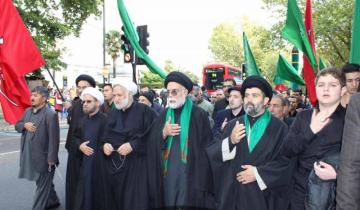 Ashura 2016: The annual Ashura day procession in London (PHOTOS)
Ashura 2016: The annual Ashura day procession in London (PHOTOS)
-
 Arbaeen 2016: World Shiite Muslims Commemorate Arbaeen (PHOTOS)
Arbaeen 2016: World Shiite Muslims Commemorate Arbaeen (PHOTOS)
-
 Ashura 2017: Thousands of Muslims march on Ashura day in London (PHOTOS)
Ashura 2017: Thousands of Muslims march on Ashura day in London (PHOTOS)
-
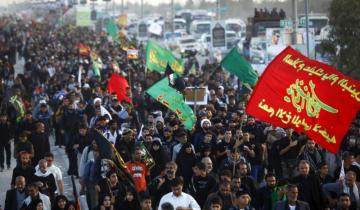 Arbaeen 2015: Millions of pilgrims throng Iraq's Karbala (PHOTOS)
Arbaeen 2015: Millions of pilgrims throng Iraq's Karbala (PHOTOS)
 Library
Library 











